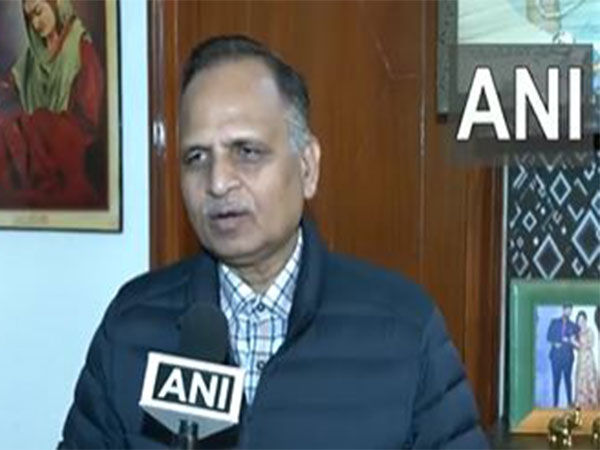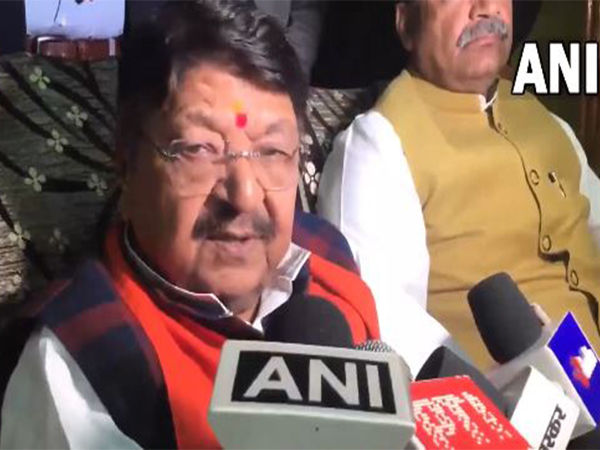After a campaign year in which Republicans portrayed Democrats as deeply out of step with the mainstream on transgender issues, Republican lawmakers in statehouses across the country have filed dozens of proposals aimed at limiting the extent to which trans people can be recognized according to their gender identity.
The flood of proposed bills go beyond the limits states have enacted in recent years on sports participation and medical treatments for transgender minors. This year's proposals cover a broader set of restrictions, or augment existing ones, across a wider range of states.
Several bills aim to extend regulations on trans youth to apply to adults as well. Others would insert definitions into state codes restricting legal recognition of a person's gender to their sex on their original birth certificate. Others would prohibit public schools from including the concept of gender identity in class discussions.
Many social conservatives said they viewed the results of the election, after Republicans portrayed Democrats as too permissive on questions of gender-transition treatments and trans athletes, as a mandate to limit recognition of transgender identity at the state level.
Republicans were able to make transgender issues "central to this victory," said May Mailman, director of the Independent Women's Law Center, a conservative legal group, because "most Americans know that some sex differences are meaningful." Given Republican gains in November, Mailman said she hoped that Democrats would see that "bills like this are not controversial."
Transgender advocates said they have seen no firm evidence linking Republican victories in last fall's election to campaign messaging on trans issues. They said they view Republican state lawmakers as promoting the agenda of national conservative groups on gender at the expense of more pressing local concerns, such as the high costs of housing and health care.
"Republicans continue to manufacture outrage and dehumanizing rhetoric directed towards the transgender community because they think there is political benefit to them," said Nadine Smith, the executive director of Equality Florida, an LGBTQ+ advocacy group.
There are about 3 million transgender adults in this country, according to an estimate from the Williams Institute at UCLA, which researches the LGBTQ+ population. A recent government survey of high school students found that about 3% identify as transgender.
Budget with ET
What India Inc needs in Budget to drive growth amid global challenges
Space sector seeks PLI scheme, tax holidays, more use of satellite data
A game changing budget to revive India’s backbone - agriculture
Several bills aim to extend regulations on trans youth to apply to adults as well. Others would insert definitions into state codes restricting legal recognition of a person's gender to their sex on their original birth certificate. Others would prohibit public schools from including the concept of gender identity in class discussions.
Many social conservatives said they viewed the results of the election, after Republicans portrayed Democrats as too permissive on questions of gender-transition treatments and trans athletes, as a mandate to limit recognition of transgender identity at the state level.
Republicans were able to make transgender issues "central to this victory," said May Mailman, director of the Independent Women's Law Center, a conservative legal group, because "most Americans know that some sex differences are meaningful." Given Republican gains in November, Mailman said she hoped that Democrats would see that "bills like this are not controversial."
Transgender advocates said they have seen no firm evidence linking Republican victories in last fall's election to campaign messaging on trans issues. They said they view Republican state lawmakers as promoting the agenda of national conservative groups on gender at the expense of more pressing local concerns, such as the high costs of housing and health care.
"Republicans continue to manufacture outrage and dehumanizing rhetoric directed towards the transgender community because they think there is political benefit to them," said Nadine Smith, the executive director of Equality Florida, an LGBTQ+ advocacy group.
There are about 3 million transgender adults in this country, according to an estimate from the Williams Institute at UCLA, which researches the LGBTQ+ population. A recent government survey of high school students found that about 3% identify as transgender.








